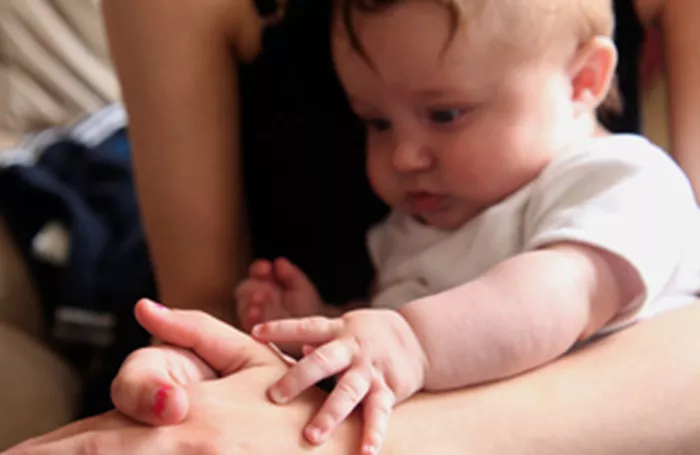The UK Health Security Agency (UKHSA) and the Joint Committee on Vaccination and Immunisation (JCVI) are highlighting the expected benefits of a new RSV vaccination programme set to launch in September.
A recent analysis estimates that this new programme could prevent 5,000 hospitalisations and 15,000 emergency department visits for infants in England each year. This estimate is based on a projected 60% uptake among pregnant women. The programme could also result in 70,000 fewer RSV illnesses in infants under 12 months, 20,000 fewer GP consultations, and prevent more than 200 admissions to intensive care units.
Respiratory Syncytial Virus (RSV) affects about 90% of children within their first two years. Although it often causes mild, cold-like symptoms, RSV can lead to severe lung infections such as pneumonia and bronchiolitis, and is a leading cause of infant mortality worldwide. Each winter, RSV significantly strains children’s hospitals, leading to high pressure on paediatric intensive care units and the cancellation of some operations. In the UK, RSV accounts for roughly 20,000 hospitalisations in children under one and 20 to 30 infant deaths annually.
The UKHSA is collaborating with the NHS to ensure a successful rollout of the new programmes and will monitor their impact through routine national surveillance.
Professor Dame Jenny Harries, Chief Executive of UKHSA, stated: “These two new RSV vaccine programmes—one for pregnant women and another for older adults turning 75—offer significant opportunities to prevent severe illness and protect lives. The rollout of this vaccine represents a positive step for public health. I encourage everyone eligible to take advantage of this offer starting in September.”
Starting 1 September 2024, the RSV vaccine will be available in England. Christine Burlison from Southampton, whose baby was severely ill from RSV, is urging pregnant women to get vaccinated. Christine’s daughter Aria was hospitalised at 11 days old with bronchiolitis due to RSV. Although Aria recovered, her brother Jude also contracted RSV, but thanks to their experience, his hospital stay was brief.
Christine commented: “Having a vaccine that could prevent other families from going through what we did is amazing. Seeing a child struggle to breathe is the worst experience for a parent. Knowing that there is now a vaccine to alleviate that worry is incredible. It’s the best protection you can offer a newborn.”
RSV infections can occur throughout the year but usually peak in winter around December. Therefore, it is crucial for those eligible to get vaccinated as soon as possible.
Dame Jenny Harries added: “Receiving the vaccine during pregnancy is the most effective way to protect your baby from RSV. The vaccine boosts your immune system to produce antibodies against the virus, which then transfer through the placenta to protect your baby from birth. It reduces the risk of severe bronchiolitis by 70% in the first six months.”
The RSV vaccine has been approved by regulators in the UK, Europe, and the USA. It has been administered to thousands of women worldwide, including over 100,000 in the USA.
Andrew Gwynne, Minister for Public Health and Prevention, remarked: “Maternal vaccinations are essential for protecting newborns from severe illnesses like RSV. My grandson contracted RSV just days after birth, leading to weeks in intensive care and lasting health issues.”


